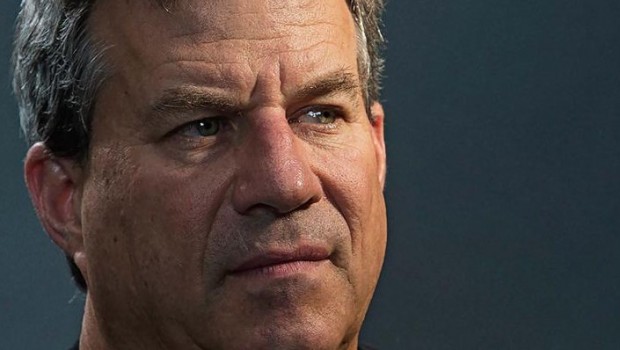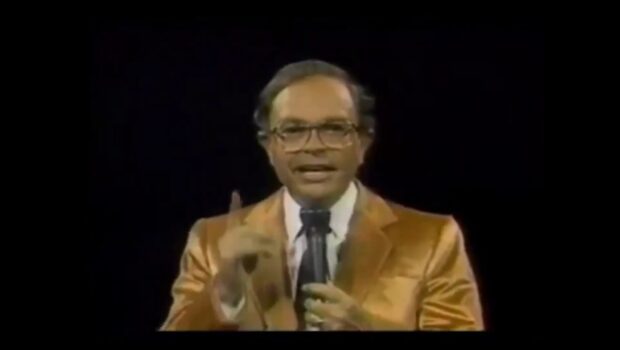The Dark Mirror of Neoliberalism: On Dreamland by Sam Quinones
Tanya Huntington
Mexico currently performs a well-leveraged role as the main supplier in the U.S. drug trade, a multi-billion-dollar business that has bypassed the world’s longest political land border (and one of the most heavily guarded) as if it were no more than a mirage. In fact, neither neighboring country has found a way to unhinge its economy from the cultivation, trade, and consumption of illegal substances, despite having openly declared war on all three. The casualties on both sides are staggering: over 50,000 killed in Mexico over the past five years, over 47,000 dead in the United States annually from drug overdoses alone.
Most portrayals of Mexico as the source of narcotics for US consumers tend to perpetuate the distorted perception that has characterized our binational relationship for too long. The Mexican drug trafficker with his shaven head and his body tattoos of La Santa Muerte is the new Public Enemy Number One –just as heavily armed and dangerous as Pancho Villa, but without the revolutionary political agenda.
Here is where Sam Quinones’ Dreamland steps in to remind us that the most successful heroin sales network in the United States was built with virtually no gang-related violence by rural immigrants from the state of Nayarit: quiet men who prefer blue jeans to tattoos. In fact, these traffickers implemented not a military strategy but a neoliberal economic model, one that stressed product distribution and unbeatable prices over territorial enforcement.
Quinones painstakingly pieces together the story of how this model proved as irresistible to consumers as Wal-Mart in parts of the United States that were not previously known for heroin consumption, but had been softened up as potential markets by a parallel phenomenon: the indiscriminate prescription of opioids under the false (and in retrospect, rather ridiculous) premise that they were not addictive among patients who claimed to be suffering from chronic pain.
Once the Big Pharma machine had hooked the Heartland to such an extent that prescription pills were being used as currency in many US towns, death by overdose became a foregone conclusion (one that took many families years to recognize publicly, the stigma of suicide being preferable to that of opioid addiction). Quinones traces how entire communities made the leap from drugs like OxyContin to black-tar heroin, delivered to their doorsteps cheaply and efficiently –not unlike pizza. Overdoses soared.
What makes the story told in Dreamland so compelling is more than just the inevitability of seeing ourselves or our loved ones reflected in the dark mirror Quinones holds up before our eyes. It is his ability to avoid demonizing or exorcizing any of the players involved, as well as his carefully researched understanding of motives –both cultural and economic– on either side of the border.
What lies beneath is even more disturbing: the fact that the neoliberal model, which seems so attractive to both buyers and sellers at first, turns out to be as much of a lose-lose situation in the shadow economy as in the legitimate one –with the difference that in the drug trade, even the CEOs invariably wind up dead or in jail. His readers in the United States and Mexico should follow Quinones’ example and avoid the unfortunate trap of each side blaming the other for this vicious cycle of supply and demand. Hopefully we will realize before becoming casualties ourselves that no one, be they growers, traffickers, or addicts, is going to get ahead in the long run by continuing to rely on this dead-end narco-economic model, or by succumbing to the notion that it is inevitable. Or worse yet, by pretending that because it is illicit, it does not affect us all. No matter where we live.
 Tanya Huntington is the author of Martín Luis Guzmán: Entre el águila y la serpiente, A Dozen Sonnets for Different Lovers, and Return. She is Managing Editor of Literal. Her Twitter is @Tanya Huntington
Tanya Huntington is the author of Martín Luis Guzmán: Entre el águila y la serpiente, A Dozen Sonnets for Different Lovers, and Return. She is Managing Editor of Literal. Her Twitter is @Tanya Huntington
Posted: June 12, 2016 at 6:19 pm











